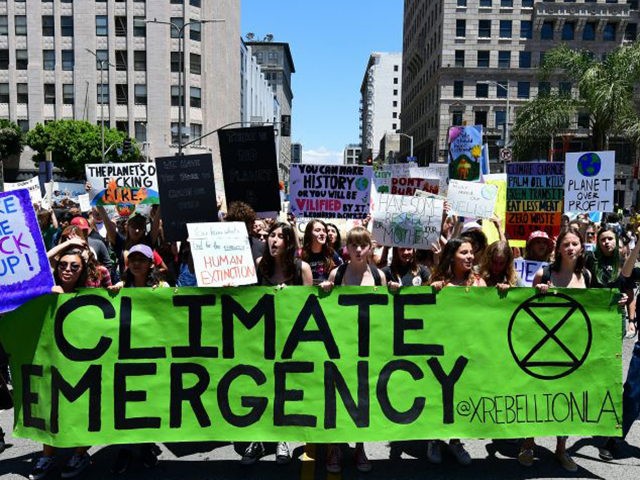ROME — The Catholic bishops of the European Union (COMECE) have endorsed the European Green Deal as an “underpinning strategy” for a continent-wide plan of recovery from the coronavirus pandemic.
“Ecological justice” must be at the core of Europe’s response to the pandemic, the bishops stated in a position paper Wednesday, because the coronavirus outbreak “has revealed both our dependence as well as our disastrous impact on a heavily fragile eco-system.”
“A virus that causes a lung disease made us realise that we cannot live healthy on a sick and polluted planet,” the bishops said.
“We should acknowledge that the COVID-19 pandemic is linked to the larger socio-ecological crisis that has become increasingly visible to us through climate change, biodiversity loss and its devastating consequences on the most vulnerable,” they said, while urging the EU to “seize this moment as an opportunity to work for radical change.”
“We therefore welcome the Commission’s proposal to integrate the European Green Deal as an underpinning strategy into the recovery plan and call upon EU member states to translate their pledges towards climate neutrality and the care for the environment into tangible actions that will spur ecological conversion in Europe,” they said.
“This pandemic should be proof for us that urgent action is needed,” the bishops added.
In rolling out the European Union’s proposed €750 billion pandemic recovery fund Wednesday, European Commission President Ursula von der Leyen said the recovery plan “turns the immense challenge we face into an opportunity, not only by supporting the recovery but also by investing in our future: the European Green Deal and digitalization.”
The European Commission has said that 25 percent of the EU’s updated seven-year €1 trillion budget proposal and €750 billion recovery plan will be set aside for climate action.
Last December Ms. von der Leyen called the Green Deal Europe’s “man on the Moon moment,” aimed at making Europe the first climate-neutral continent by 2050.
According to the European Commission, “climate change and environmental degradation are an existential threat to Europe and the world” and therefore Europe needs to eliminate greenhouse gas emissions and decouple economic growth from resource use.
“The European Green Deal is our roadmap for making the EU’s economy sustainable,” the EC declares. “This will happen by turning climate and environmental challenges into opportunities across all policy areas and making the transition just and inclusive for all.”
The progressive leader of the European bishops’ conferences, Jesuit Cardinal Jean-Claude Hollerich, has stated his belief that climate change is the most urgent problem facing humanity.
Backing up Pope Francis’ call for “ecological conversion,” the cardinal says that he buys fair-trade coffee instead of Nespresso, no longer uses plastic bottles, and has changed his diesel car for a hybrid one.
“We bishops have to change our lifestyle, and if we older people succeed in doing it, then the younger ones can do it too,” he said. “But if I cannot change my own lifestyle, how can I say to young people to do so?”
In late 2018, Hollerich signed an appeal calling on government leaders to take immediate action to overcome the “devastating effects of the climate crisis.”
The appeal called for keeping global warming below 1.5º C as well as a shift toward sustainable lifestyles, respect for indigenous communities, and the implementation of a “financial paradigm shift” in line with global climate accords.
This entails “putting an end to the fossil fuel era and transitioning to renewable energy” as well as rethinking the agriculture sector to ensure it provides healthy and accessible food for everyone, with a special emphasis on promoting agroecology, the appeal said.
Following last year’s European elections, Hollerich said he was delighted with the successes of green parties while lamenting the rise of populist-nationalist groups.
“It is positive that in several places numerous young people voted for ecological parties, which means that the themes of environment and creation can become important in the future,” Hollerich said, noting that “as a Church” the victory of the green parties “makes us happy.”

COMMENTS
Please let us know if you're having issues with commenting.